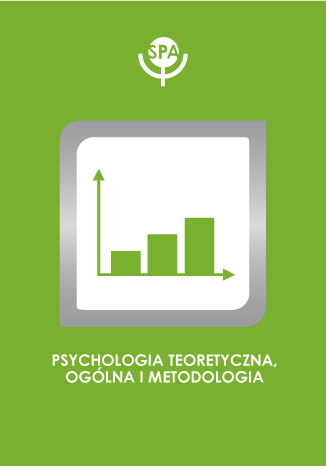O dwóch rodzajach mechanizmów motywacyjnych. Koncepcja psychologii według Tadeusza Tomaszewskiego

Janusz Reykowski
DOI:10.14691/CPPJ.21.1.19
Rocznik: 2015 Tom: 21 Numer: 1
Strony: 19-25
In his fundamental work “Introduction to Psychology” (1963) Professor Tomaszewski introduced an important differentiation of two basic motivational mechanisms, needs and tasks. This differentiation points to the fact that human goal oriented activity can be controlled by motives, which do not originate in self-interest. This thesis has had important bearings in the sphere of economic activities. According to the common belief the great success of market economy is due to the interface between productivity and self-interest. However, one can argue that in various areas of the market system this interface does not work – self interests may direct behavior to goals that have nothing to do with productivity and the improvement of social life. But the productive activities can also have an intrinsic value. It means that their goals are based on personal standards and are important for themselves. These personal standards are the sources of intrinsic motivation. The extrinsic (self-interest) and intrinsic motives can co-exist with each other within the same goal-system. If the self-interest becomes very strong it is likely to trump all other concerns.









 Pobierz pełny tekst
Pobierz pełny tekst



